5 Foods You Should Never Eat Raw With A Fatty Liver
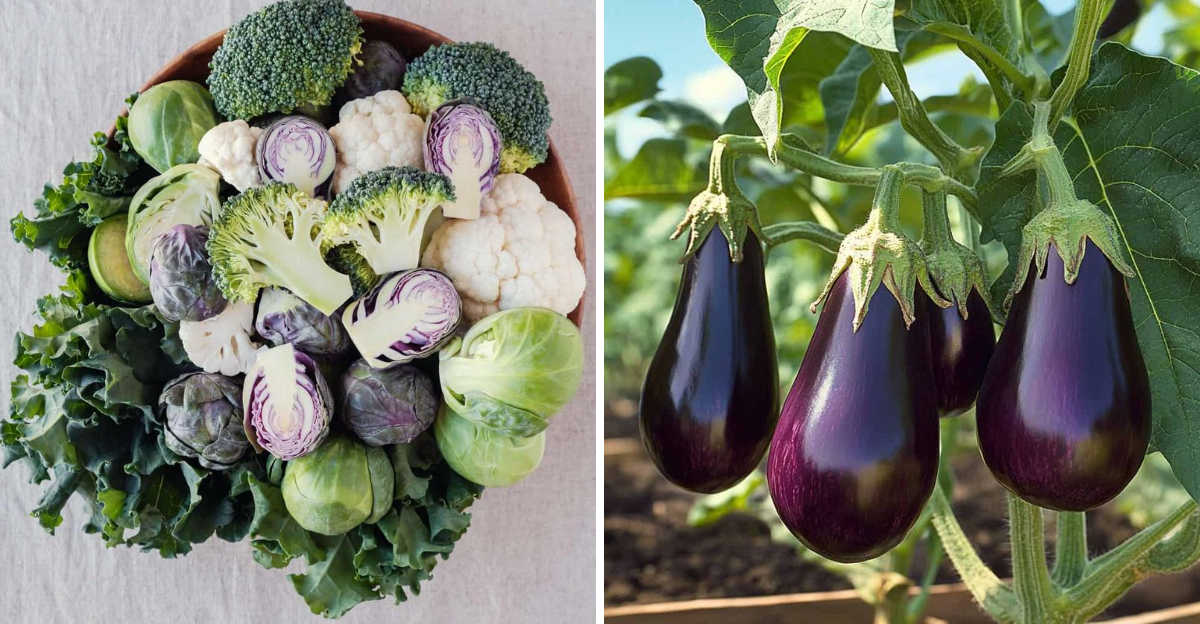
Discover the foods to avoid eating raw if you have a fatty liver. This guide helps you understand the potential risks associated with consuming certain foods in their uncooked state, especially for those managing liver health.
1. Cruciferous Vegetables (Broccoli, Cauliflower, Brussels Sprouts)
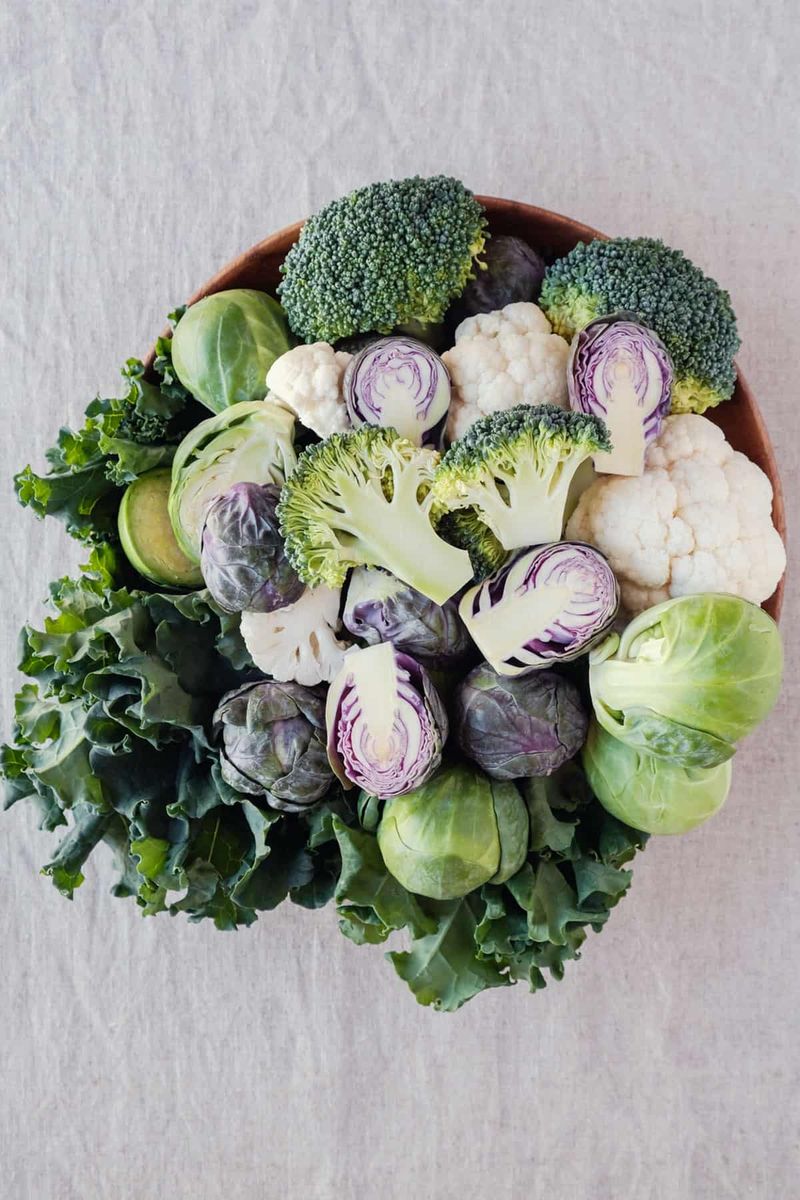
Cruciferous vegetables are celebrated for their detoxifying effects on the liver. However, when eaten raw, these veggies may pose a challenge to your digestive system. Raw broccoli, cauliflower, and Brussels sprouts contain goitrogens, which are compounds that might interfere with thyroid function. This interference can indirectly affect liver health, potentially leading to complications. By lightly steaming or roasting these vegetables, you unlock their liver-friendly benefits without putting unnecessary strain on your digestion. Cooking helps break down these compounds, making them safer and more beneficial for the liver.
2. Mushrooms (Especially Wild or Uncooked Types)
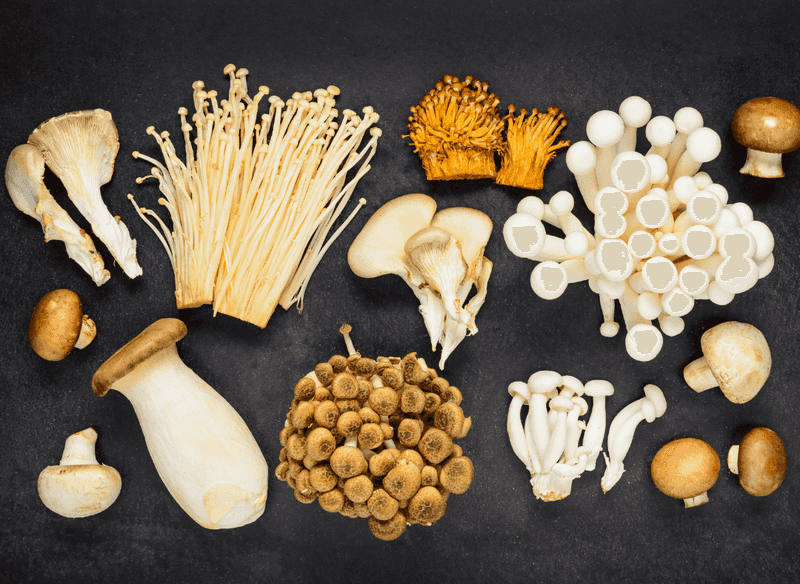
Mushrooms are a versatile food, but caution is key when consuming them raw. Many mushrooms, like shiitake, are perfectly safe when cooked but can contain toxins in their raw state. These toxins require more effort from your liver to process and eliminate. Wild mushrooms, in particular, pose a specific danger if misidentified or improperly prepared. Cooking mushrooms reduces the risk of toxicity and makes their nutrients more accessible. For those with liver concerns, avoiding raw mushrooms is a safer choice that helps maintain liver health.
3. Kidney Beans (and Other Legumes Containing Lectins)
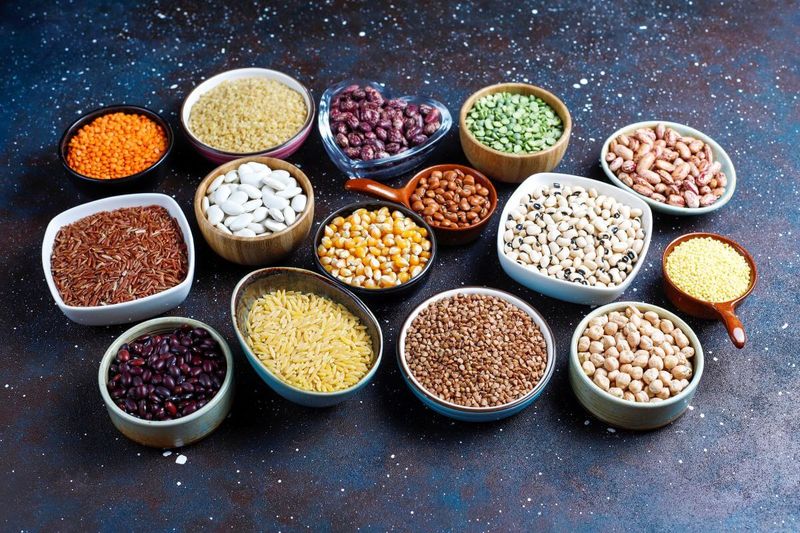
Kidney beans hold a hidden danger when consumed raw due to their high lectin content. Lectins are proteins that can cause severe digestive issues, including nausea and vomiting, and place extra stress on the liver. It’s essential to soak and thoroughly cook kidney beans to remove these harmful compounds. This preparation not only eliminates toxins but also enhances their nutritional value. For individuals managing liver health, properly cooked beans provide a safe and nutritious option, helping to avoid potential complications associated with raw consumption.
4. Eggplant (In Large Amounts)
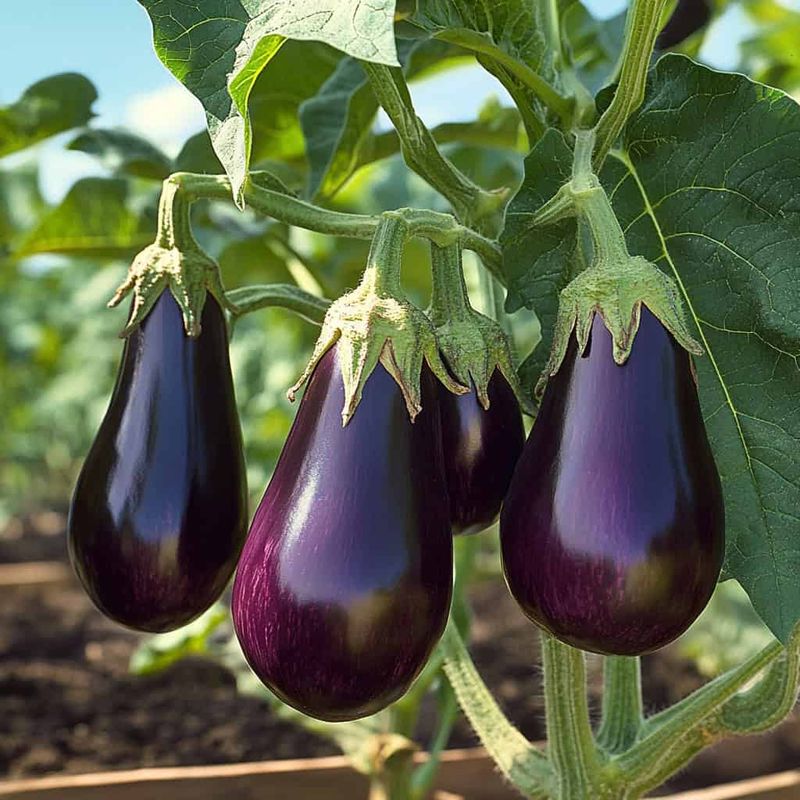
Eggplants have a unique flavor that many enjoy, but raw, they contain solanine, a natural toxin. Solanine can irritate the digestive system and potentially burden the liver, especially when eggplant is consumed in large quantities. Cooking this vegetable breaks down the solanine, making it much safer and easier for the body to process. For those concerned with liver health, enjoying eggplant cooked, whether grilled, baked, or sautéed, is a delicious way to savor its taste without the risks associated with its raw form.
5. Sprouts (Like Alfalfa or Bean Sprouts)
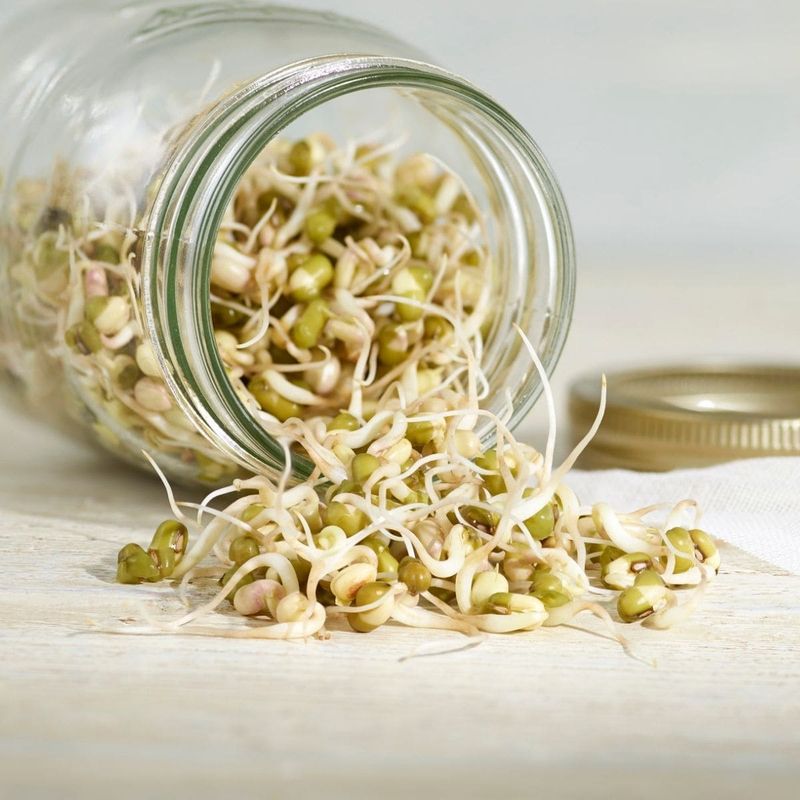
Sprouts are often lauded for their nutritional benefits but come with a risk when eaten raw. They are susceptible to bacterial contamination, such as E. coli or Salmonella, which can lead to infections and place additional strain on the liver. Ensuring that sprouts are well-cooked not only kills harmful bacteria but also makes them easier to digest. For those with a fatty liver, cooking sprouts is a simple yet effective way to enjoy their nutrients safely, minimizing health risks while maximizing flavor.
